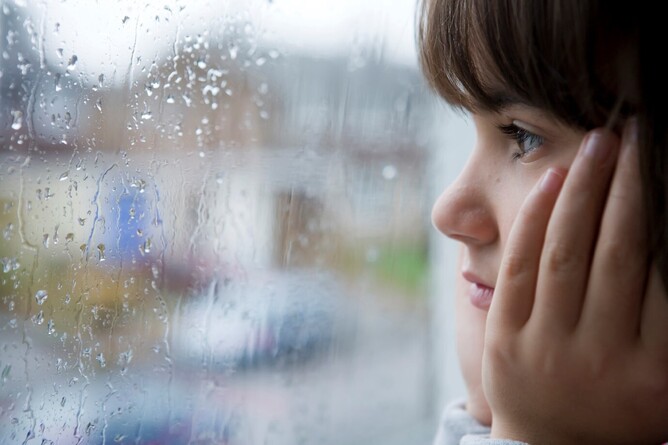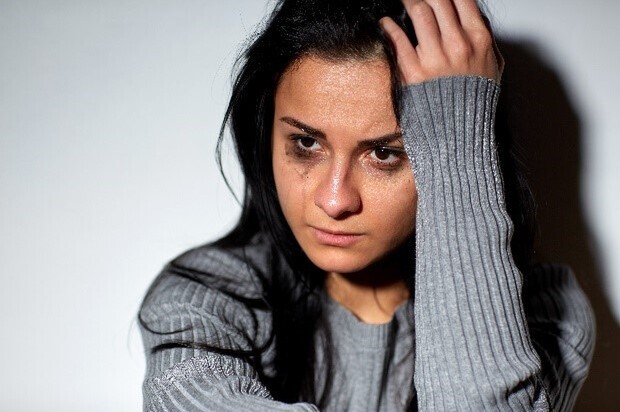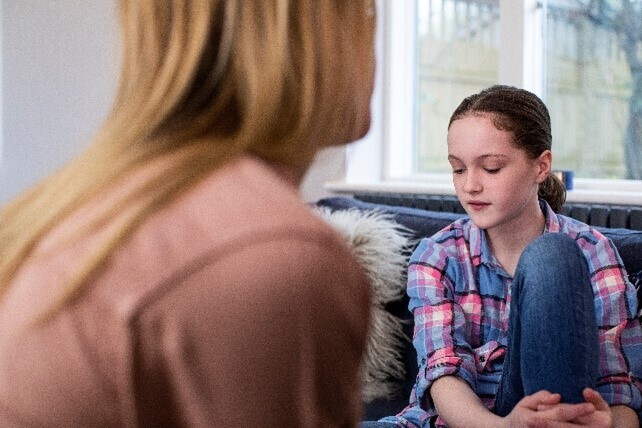This month is suicide prevention month, and for a very short while the media spotlight is firmly drawn to highlighting the rates of death by suicide in the UK, with a focus on how we should all be working together as a society to try and prevent others ending their lives by suicide.
In my role as the clinical director at Teenage Mental Health, suicidal thinking and ideation are one of the common daily presentations of the patients that my team and I work with. However, as the organisations name suggests, we are a clinic which specialises in child and adolescent care, it is children who will candidly discuss their desire to no longer be alive with us.
This, to many, is a horrifying truth, often when we think about suicidal ideation and those that take their own lives, we most commonly visualise an adult, a grown person who has lived life to some extent, perhaps one that has experienced some horrific life events. Generally, most would not immediately think of a seven-year-old girl, one whose parents dearly love her, one that has barely started their life, yet this is the lived reality of mine and my team. Our suicidal patients do not fit societies expected and perceived norms of those that wish to kill themselves and are children.
Suicide does not just affect adults, or those that have faced extreme adversity for that matter. Its grasp reaches like tendrils into all aspects of our society including the very young and those we, on the face of things, perceive to have good, safe and happy lives. We rarely hear of a child dying by suicide, so there is a general perception that children having suicidal thoughts or wanting to kill themselves is a rare thing, the news is not full of stories every evening of children who have died or attempted to die by suicide.
Eighteen people die daily in the UK by suicide and undoubtedly some of them will be under the age of twenty five, some will be children. I would argue the only reason less children die by suicide is that they have fewer opportunities to end their lives, they do not have the means to follow through with their wants and fantasies for death like adults can. Few seven-year-olds can access the means needed to end a life.
So, we as a nation and society continue to focus our thoughts on only one section of society that wishes to end their life, I would ask you all to adjust your focus and make some space to consider the many children and young adults that everyday fight with all their might to stop themselves ending their lives by suicide.
Suicide, I would argue, having worked for so long with those impacted by its aftermath and those that experience its whisperings in their ears, is by far one of the most wretched acts we can have the misfortune to experience and undoubtedly is cruelty is made all the worse when it is a young person or child that dies by suicide. One that not only robs someone of their life, but leaves those left behind the despair and pain of unanswered questions as well as the all-encompassing grief of a life lost for no apparent reason.
As a society in the western world death is something that is not common to us, we rarely grow up with deaths in our childhood due to medical advances in the last century it is simply not something we tend to encounter until we are well into our twenties or thirties, even then when people do die they tend to have been very poorly or old, ill health and age are to blame there is a sense to the death and loss. This is also true for premature and tragic deaths caused by an accident, there is someone to blame, the bad drunk driver, poor maintenance of electronics, we can makes sense of the tragedy.
But with suicide who can we blame, It is hard to find someone or something to focus our anger and sense of unfairness of the premature loss at other than the person that we are grieving? This in turn makes death by suicide all the harder to process the sudden loss and grieve for those that die by suicide. This is made all the harder by the societal norms that we have around death, we are taught to never think or speak ill of the dead therefore we are stuck in a limbo, with no one to blame or focus our anger at the loss at.
Suicide easily and quickly often becomes for many a taboo that cannot be spoken about as it is so very bad. Much like the monster under the bed who derives much of his power by our fear of facing up to them, suicide and suicide thoughts derive their ability to completely control, and leave us powerless in its path.
Friends and families of those that express suicidal thoughts become panic stricken, not knowing what to say or how to help. Fearful every time their loved one leaves the home or is silent in their room for a few minutes too long. Suicide is preventable and just because someone has suicidal thoughts does not mean that they will or have to lose their life to them. Whilst you may feel helpless hearing your loved one say they no longer wish to live, there is hope and help out there, and by getting them help often changes things significantly. So I ask you this suicide prevention month to listen to your children and the young adults in your life, and if they need help, find it for them.
Written by: Fiona Hannah
Clinical Owning Director
Teenage Mental Health
If you, your child or a child in your care are having suicidal thoughts, or considering suicide. You can of course seek private support like that which Teenage Mental Health (a not for profit service) Provide.
However, if private options are not accessible for you, we recommend that people speak with their GP if possible for further advice.
If in immediate crisis, to prevent immediate danger dial 111 and asking for option 2 will allow you to speak with a mental health adviser for the next appropriate steps.
Please also see some helpful numbers and resources below you could try and consider:
Samaritans – 116 123
First Response 24/7 Helpline – 0808 1963494
YoungMinds Crisis Text Messaging Service – Text: 85258
Papyrus – 0800 684141
Kooth - https://www.koothplc.com/
Emotional Wellbeing Hub – 0345 6002090
The Suffolk Wellbeing Service – 0300 1231503
ChatHealth – Text: 07507 333356
Moodwise - https://moodwise.co.uk/
Mind – 03001116000
Covid Hub - https://www.healthysuffolk.org...
Suicide Bereavement Support – 0808 1689111
C.A.L.M – 0800585858
ChildLine – www.childline.org.uk
Facebook: @TeenageMentalHealthSuffolk
Email: Hello@teenagementalhealth.co.uk
Teenage Mental Health limited company registered in England and Wales.
Registered number: 11588207
BACP Organisational Membership Number: 00276237



